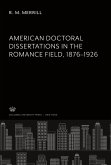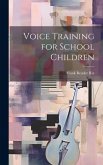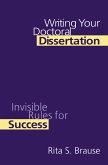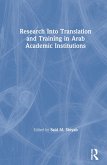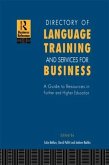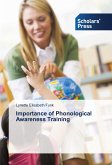Following the rapid expansion of translation studies as an emergent (inter-)discipline over recent decades, demand for doctoral research opportunities is now growing fast in many countries. At the same time, doctoral training packages of a generic nature have been elaborated and refined at many universities, drawing on long traditions of doctoral research in established disciplines. A degree of consensus no doubt exists on such matters as the need for rigor, method and the generation of new knowledge. Beyond that, however, there are a host of issues specific to translation and interpreting studies that remain under-researched and under-discussed. Contributors to this special issue encourage reflection on a range of issues in ways that foster further debate and collaboration on the development of doctoral studies within the field. A number of concrete proposals are offered that could be adapted to local situations in different countries and academic settings. While some of the contributions adopt a mainly empirical stance, others adopt a broad perspective on training, citing examples of widely differing projects. Two contributors offer insights from personal experience of doctoral study while another describes the organization of doctoral work within the conceptual framework of a research group. All consider training from the angle of student needs and offer concrete suggestions for ensuring that doctoral candidates are equipped with the guidance, concepts, methods and tools required for success.
Hinweis: Dieser Artikel kann nur an eine deutsche Lieferadresse ausgeliefert werden.
Hinweis: Dieser Artikel kann nur an eine deutsche Lieferadresse ausgeliefert werden.



